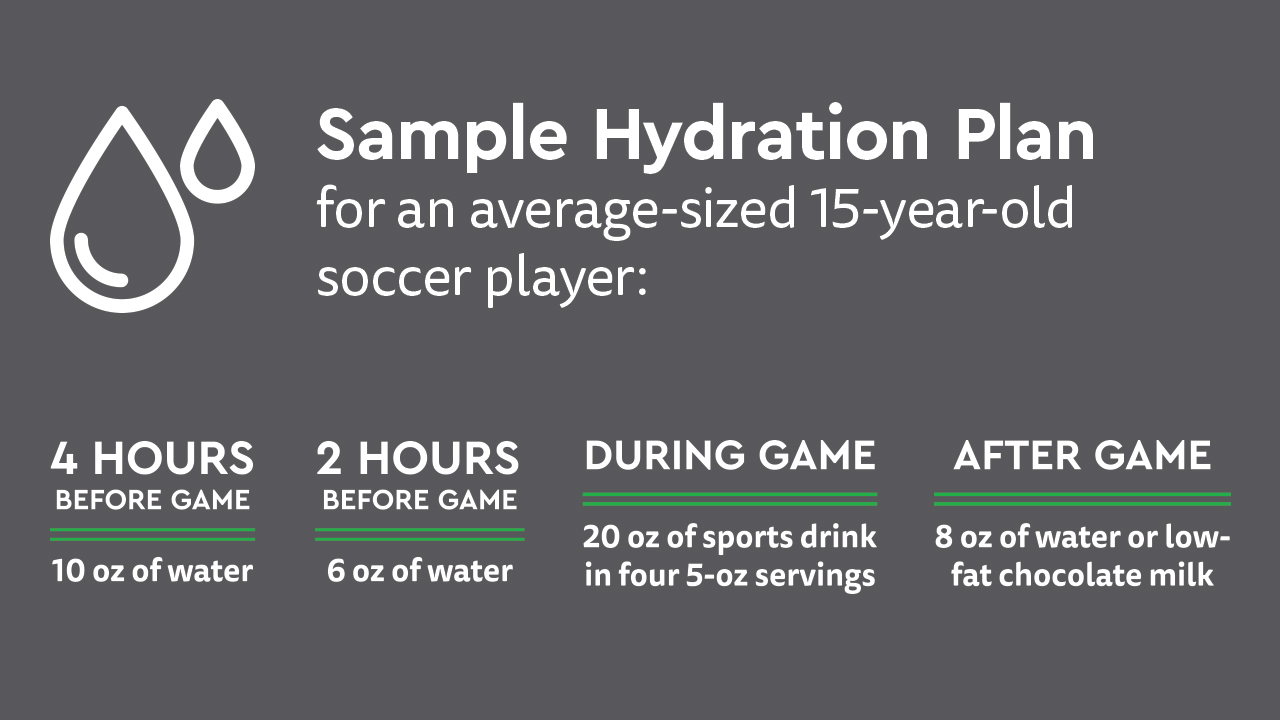- Doctors & Departments
-
Conditions & Advice
- Overview
- Conditions and Symptoms
- Symptom Checker
- Parent Resources
- The Connection Journey
- Calm A Crying Baby
- Sports Articles
- Dosage Tables
- Baby Guide
-
Your Visit
- Overview
- Prepare for Your Visit
- Your Overnight Stay
- Send a Cheer Card
- Family and Patient Resources
- Patient Cost Estimate
- Insurance and Financial Resources
- Online Bill Pay
- Medical Records
- Policies and Procedures
- We Ask Because We Care
Click to find the locations nearest youFind locations by region
See all locations -
Community
- Overview
- Addressing the Youth Mental Health Crisis
- Calendar of Events
- Child Health Advocacy
- Community Health
- Community Partners
- Corporate Relations
- Global Health
- Patient Advocacy
- Patient Stories
- Pediatric Affiliations
- Support Children’s Colorado
- Specialty Outreach Clinics
Your Support Matters
Upcoming Events
Mental Health Town Hall
Tuesday, April 23, 2024Join Children’s Hospital Colorado pediatric experts for a virtual...
-
Research & Innovation
- Overview
- Clinical Trials
- Q: Pediatric Health Advances
- Discoveries and Milestones
- Training and Internships
- Academic Affiliation
- Investigator Resources
- Funding Opportunities
- Center For Innovation
- Support Our Research
- Research Areas

It starts with a Q:
For the latest cutting-edge research, innovative collaborations and remarkable discoveries in child health, read stories from across all our areas of study in Q: Advances and Answers in Pediatric Health.


Hydration Tips for Preventing Heat Illness
Colorado has had record breaking heat and dryness this summer, yet many high school summer camps and training programs are in full swing. There are outdoor activities going on every day at my daughter’s high school: football, baseball and soccer camps as well as cross country summer runs.
Hot and dry weather increase your young athlete’s risk for dehydration. Dehydration causes decreased athletic and mental performance, but more seriously, it can lead to heat illness: Heat cramps, heat exhaustion and life-threatening heat stroke.
Who is at greater risk for dehydration?
- Athletes wearing heat-retaining protective gear such as football and lacrosse pads and helmets.
- Athletes not acclimated to exercising in the heat.
- Athletes with a medical condition: recent illness or a chronic condition like type 1 diabetes.
- Participation in double practices: inability to rehydrate with fluid and electrolytes after the first practice puts athletes at greater risk during the second practice.
What are the signs and symptoms of dehydration?
- Thirst, dark urine and decreased athletic performance.
- More serious signs of heat illness: faintness or dizziness, nausea, heavy sweating, headache, cool moist pale skin, rapid weak heartbeat, muscle cramps, fever and excessive tiredness.
Below are a few tips to stay hydrated this summer.
What to eat:
- Choose salty snacks. Snacks like pretzels and popcorn provide electrolytes and, because they make you thirsty, encourage you to drink more fluids.
- Snack on foods with high water content. Try fruits and vegetables like watermelon, grapes, cantaloupe and cucumber. Drinkable yogurt and low-fat chocolate milk are also hydrating.
What not to drink:
- Pediatric rehydration products (such as Pedialyte®), coconut water, “enhanced” waters and low calorie sports drinks. These drinks do not contain the appropriate balance of carbohydrates and electrolytes.
- Sports drinks that contain B vitamins or caffeine. Excessive B vitamins can be harmful for young athletes and caffeine intake can contribute to dehydration.
When to drink:
- Throughout the day. The most effective and least expensive way to stay hydrated is to carry your own reusable water bottle with you.
- Before practice: start drinking fluids about 4 hours before. Make sure you are adequately hydrated the night before an early morning practice.
- During practice: every 15-30 minutes.
- After practice: to replace fluid and electrolytes lost through sweating. This is especially important for double practices.
How much should you drink?
The amount of water or sports drink you need is different for each athlete. To make sure you are getting enough fluids, monitor your urine color and pay attention to thirst. If your urine seems dark, you need to drink more fluids. If you are thirsty, you need to drink more fluids.
An average 15 year old football player (5’7”, 130 pounds) could follow this hydration schedule for double practices. He would need at least 76 ounces of water in a day.
- 4 hours before 1st practice: 10 oz of water
- 2 hours before 1st practice: 6 oz of water
- During 1st practice: 20 oz of sports drink split into 4 5-oz servings
- After 1st practice: 8 oz of low fat chocolate milk + 8 oz water
- During 2nd practice: 20 oz of sports drink split into 4 5-oz servings
- At least another 10 oz of water throughout the evening



 720-777-0123
720-777-0123



